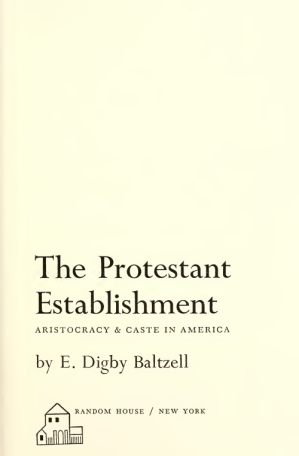
References and Quotes
Spencer was the reigning British philosopher from 1870 to 1900. In the Westminster Review of January 1860, he wrote: "the welfare of citizens cannot rightly be sacrificed to some supposed benefit of the State; but why, on the other hand, the State is to be maintained solely for the benefit of citizens. The corporate life must here be subservient to the lives of the parts; instead of the lives of the parts being subservient to the corporate life."[p.160]4 Spencer had an even greater vogue in America, influencing every intellectual from Walt Whitman to John Dewey and becoming the darling of corporate business. Early in 1882 a grand dinner was held in his honor by the great and powerful who gathered to hear scientific proof of Anglo-Saxon fitness for rule—and a brief for moral relativism. This dinner and its implications set the standard for twentieth-century management, including the management of schooling. A clear appraisal of the fateful meal and its resonance is given in E. Digby Baltzell’s The Protestant Establishment, a well-bred look at the resurgence of the Anglican outlook in America.